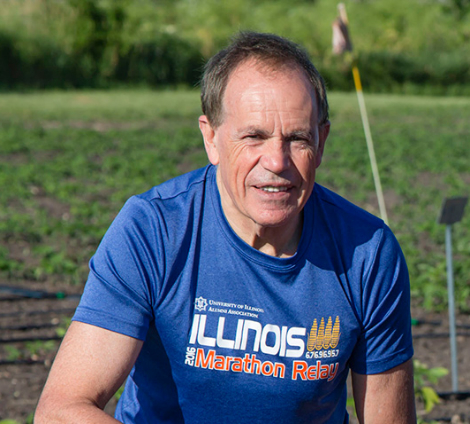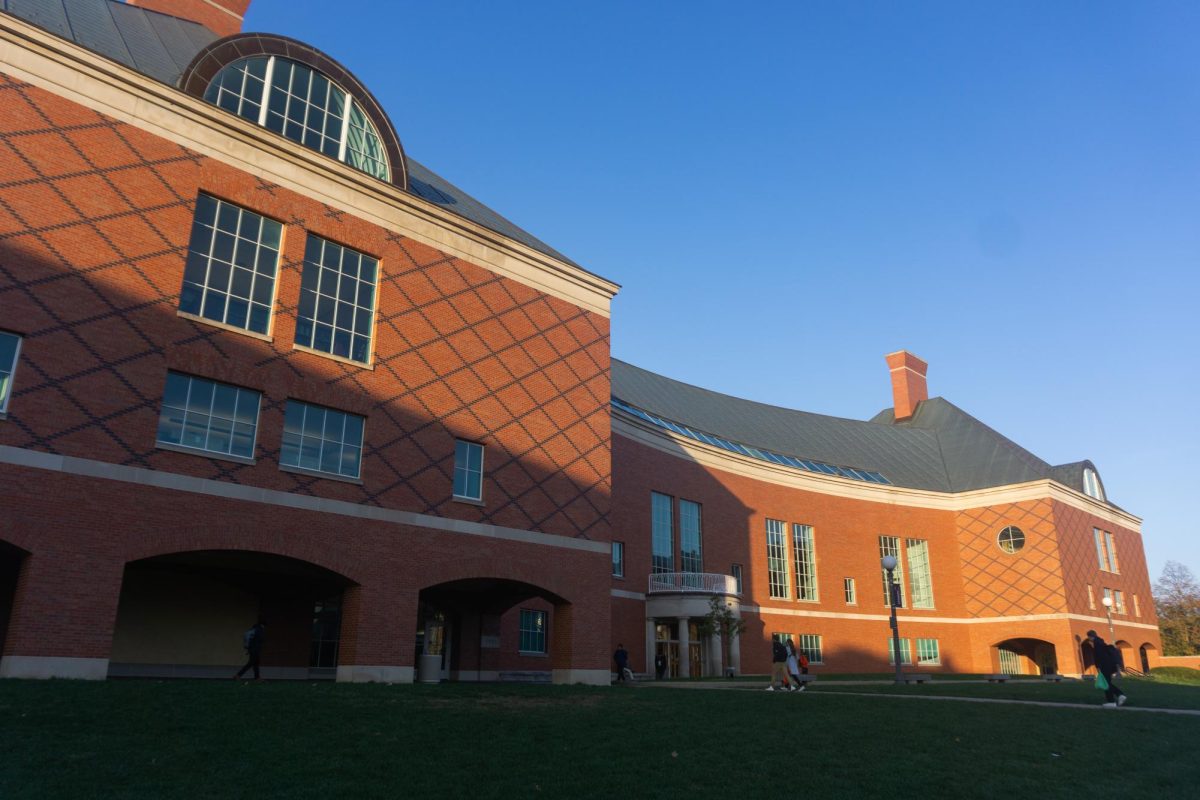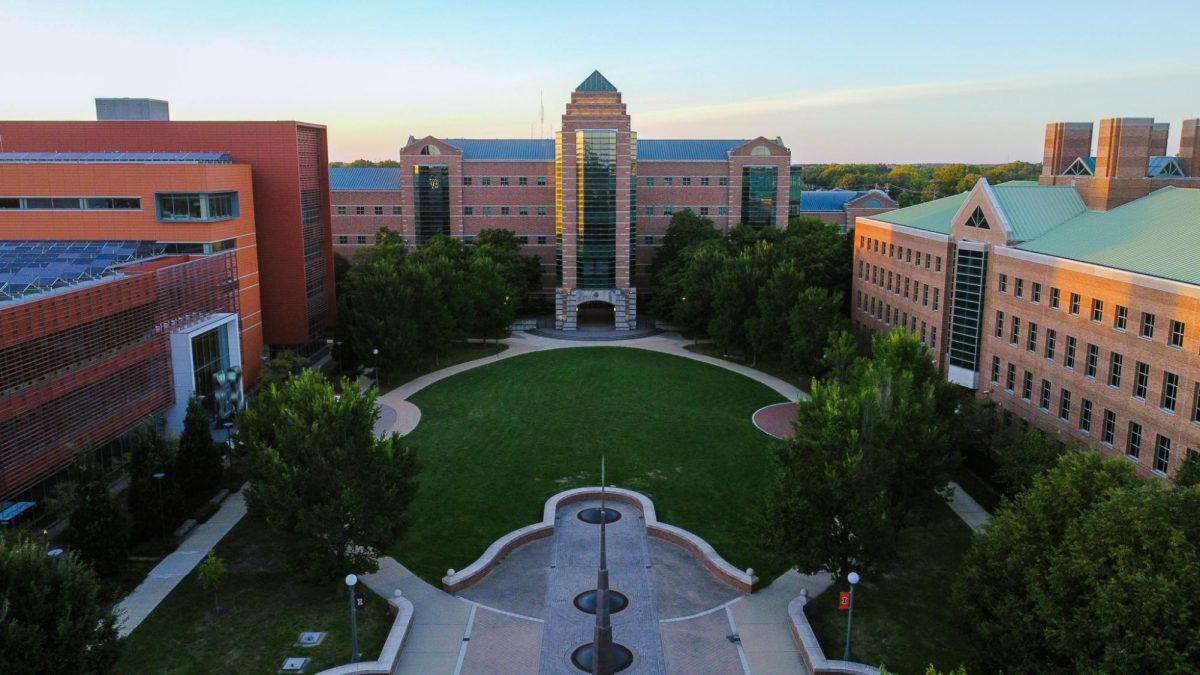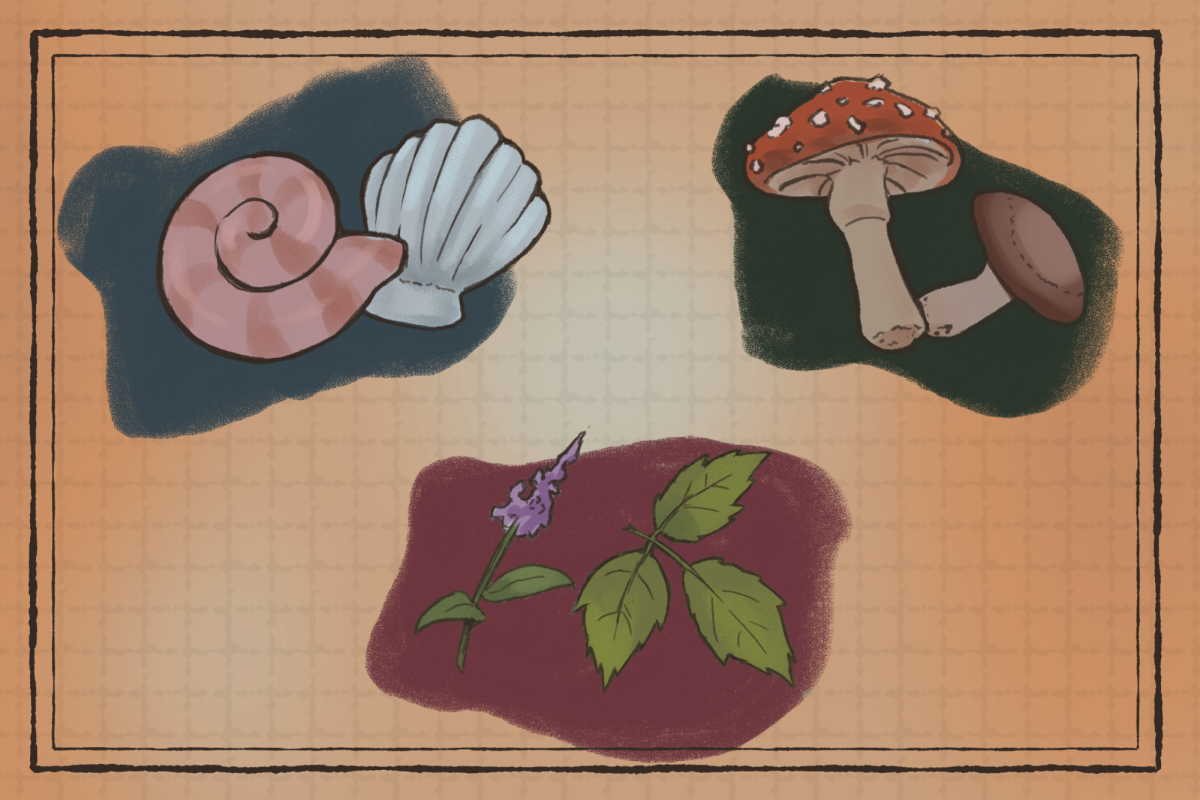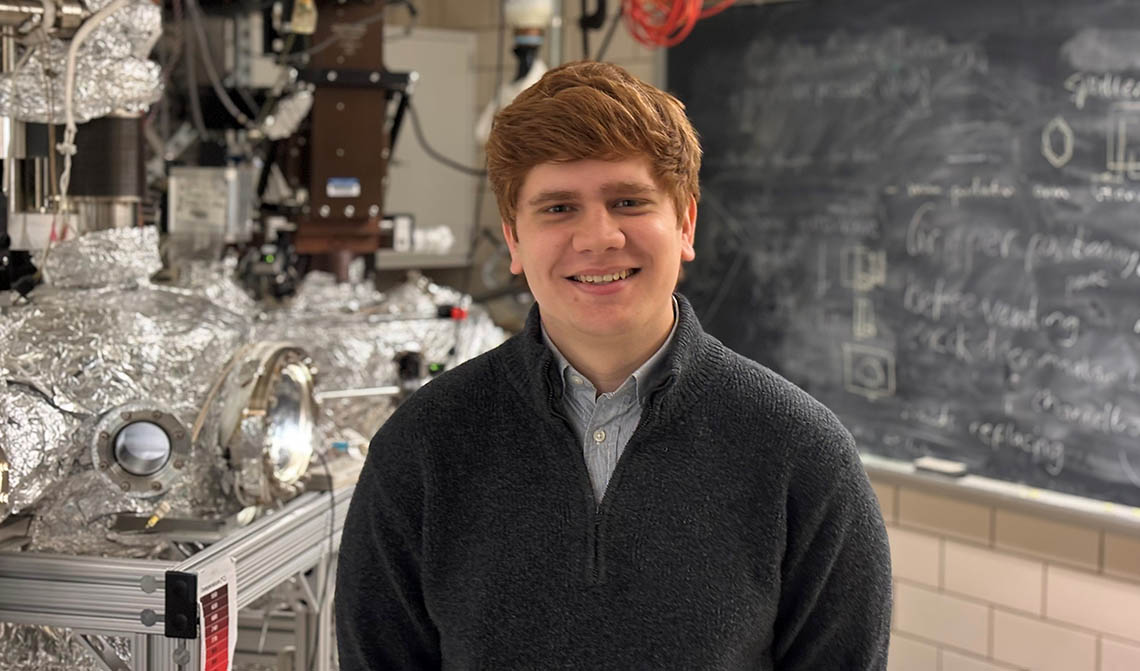**This piece is part of a six-part series profiling each University scientist named to the 2024 Clarivate Analytics Highly Cited Researchers list. Installments of the series will be posted weekly.**
Stephen Long has been on the cutting edge of photosynthetic research for 50 years, earning him a place on Clarivate’s 2024 list of Highly Cited Researchers. The list, which compiles citation data from the past decade and is published during November, has featured Long almost every year since 2006.
Long is the Stanley O. Ikenberry Chair Professor of Crop Sciences and Plant Biology and an affiliate member of the Carl R. Woese Institute for Genomic Biology.
“Most of my current research is really based on trying to improve the process of photosynthesis in crops and adapting it to global change,” Long said.
Get The Daily Illini in your inbox!
His research seeks to enhance the productivity of photosynthesis in crops, leading to improved carbon dioxide intake from the atmosphere and greater food security.
In 1999, when Long came from the United Kingdom to the University, it was widely believed that photosynthesis couldn’t be improved. In his 25 years at the University, he and his team have proven that perspective wrong.
When asked about the most rewarding part of his career, Long cited the paper his team published in Science in 2016. In the study, the researchers used a digital photosynthesis model to determine which steps of the process could be altered to optimize productivity. They implemented three changes to the photosynthetic process, each increasing yield by over 20%.
“We were the first (researchers) to show that you could modify it, and it resulted in more productivity in the field,” Long said.
His groundbreaking findings have expanded interest in photosynthetic research around the world.
The Bill and Melinda Gates Foundation supports Long’s research with the goal of implementing engineered crops in food-insecure regions, like sub-Saharan Africa and South Asia.
Long’s research also considers how plants can photosynthesize more efficiently to reduce environmental impact. His team studies a class of crops known as C4 plants, which includes corn, sorghum, sugar cane and miscanthus.
C4 plants feature a unique biochemical cycle that makes them efficient at taking in CO2 from the atmosphere. However, these crops evolved millions of years ago when atmospheric carbon was low. Now, they may be impacted by environmental change.
“C4 plants are more efficient than C3 plants, but as we keep increasing CO2, that advantage is going to disappear,” Long said.
After 25 years at the University, Long will retire from teaching this year and be given the honorary title of Emeritus Professor. Long said he is grateful for the opportunity he’s had to train graduate students at the University. These students will take over the project and continue the work he began.



